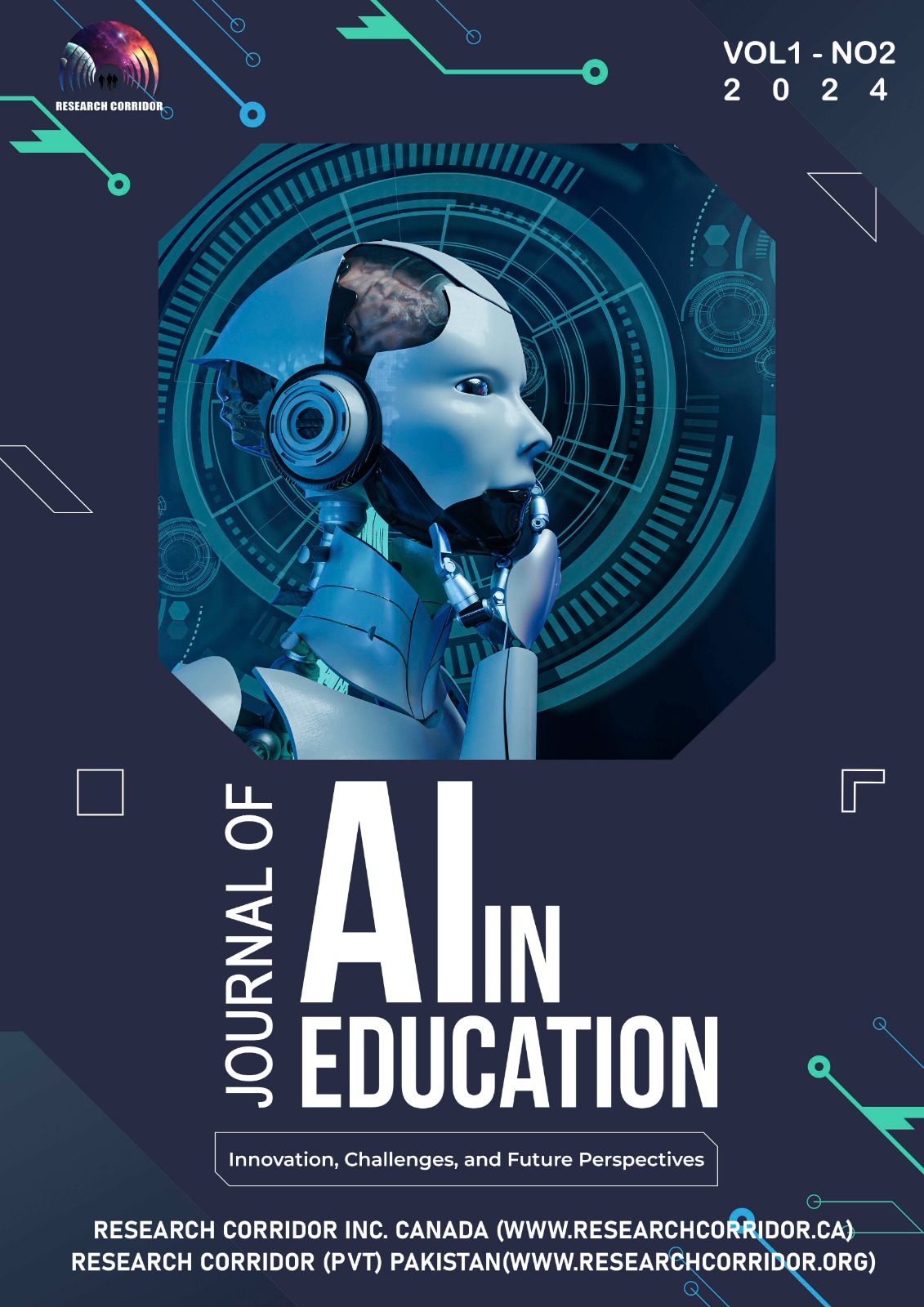AI-Driven Assessment: Reliability, Bias, and Ethical Implications
Keywords:
AI-driven assessment, reliability, bias, ethical implications, fairness, transparency, machine learning, natural language processing, bias mitigation, accountability, explainable AIAbstract
Artificial Intelligence (AI) has revolutionized assessment methodologies across various domains, particularly in education and recruitment. AI-driven assessment tools leverage machine learning algorithms and natural language processing to evaluate candidates and students with efficiency and scalability. However, concerns regarding reliability, bias, and ethical implications persist. The reliability of AI assessments depends on the robustness of training data, the interpretability of models, and their consistency in decision-making. While AI enhances objectivity, it is susceptible to biases embedded in datasets, leading to unfair outcomes. Bias in AI assessment arises from historical inequalities, algorithmic limitations, and underrepresentation of diverse populations. Ethical concerns include transparency, accountability, and privacy, as AI systems often operate as black-box models, making it difficult to scrutinize decision-making processes. Addressing these challenges requires rigorous validation, diverse dataset representation, and human oversight to ensure fairness. Regulatory frameworks and ethical guidelines must be implemented to mitigate bias and enhance the credibility of AI-driven assessments. Future research should focus on explainable AI, bias mitigation strategies, and equitable assessment models. By refining AI-based evaluation systems, stakeholders can promote ethical AI practices, fostering trust and inclusivity in digital assessment environments.





